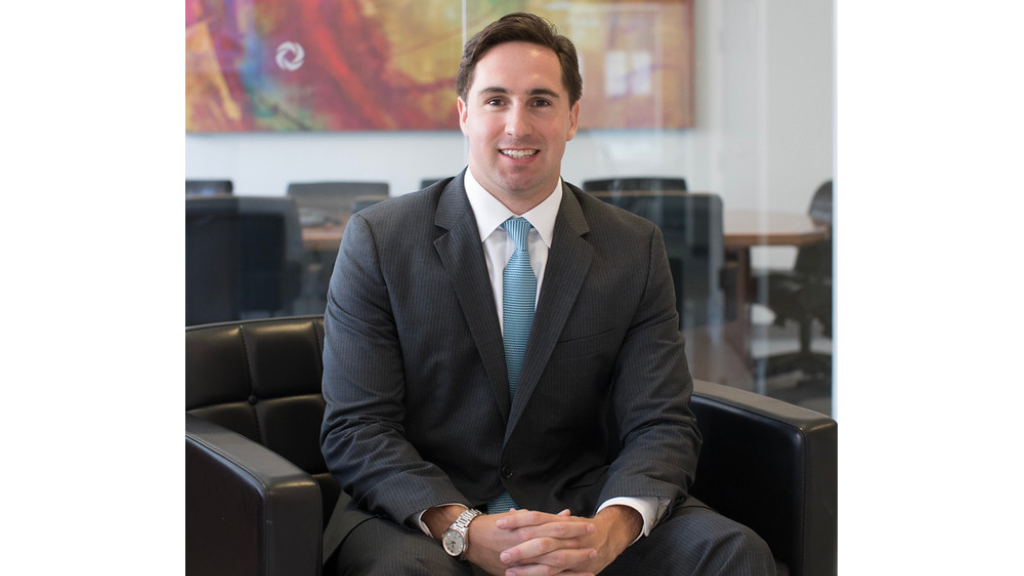What activities did you enjoy most at Dartmouth?
Being Captain of the Varsity Swimming and Diving Team and working as a Teaching Assistant and Research Assistant with Professors Pavcnik and Irwin in the Economics Department in International Trade, Finance, and Trade Policy.
What was your first job after Dartmouth?
Investment Banking Analyst in the Leveraged Finance Group at Deutsche Bank in New York. I created syndication and marketing materials, interacted with potential investors, prepared management presentations and built detailed financial models to help national and multinational corporations and private equity firms raise financing to complete leveraged buyouts, fund strategic acquisitions, and expand operations.
Another great job I had was as an Associate at Tailwind Capital, a private equity firm in New York that invests in business services, healthcare services and industrial services companies. I really enjoyed understanding the business plans, interacting with the management teams, digging into the business models and running data analytics on new potential investments as well as thinking strategically with the management teams of my portfolio companies to help them scale their business through both organic and inorganic growth.
What are you doing now?
Currently I'm a second year at Stanford's Graduate School of Business (GSB) where I am pursuing an MBA. I am one of the co-presidents of the Sports Management Club and Midwest Club and I also participate as an ambassador for the admissions department where I lead campus tours, talk to admitted students and help promote the GSB brand. Outside of the classroom I enjoy swimming, cycling, skiing and golf. Undecided on full time career post business school but will likely work in some type of early stage investing or go work for a high growth company or startup.
How has your economics education been useful in your life/job, perhaps in a way you did not expect?
Economics, particularly my expertise in international trade, has helped me understand the complex supply chains and provided insights into the cost structures of the companies I deal with as a private equity investor. I am able to appreciate that fundamental business decisions made by management teams and companies on a daily basis rely on basic economic principals, including payback period and cost / benefit analysis. The critical thinking, quantitative, analytical and writing aspects of my Dartmouth education are equally important in my daily work. It's amazing how important cogent writing is for a finance job.
Any other advice, words of wisdom for current first-year student interested to major in Economics?
The strength of the Dartmouth Economics program is well recognized by employers and lies in the exceptional quality of teaching, great mentorship by professors, and ample opportunities to assist in meaningful, relevant research. Take advantage of these strengths and don't just go to class - get involved. In today's geopolitical and business environment, there is no better time to study economics, particularly international trade and finance. It's good to add a minor or second major that relates to your economics studies and gives you a focused experience in another strong department - environmental studies (my choice), public policy or math are all great add-ons. I also feel I have to put a plug in for literature, music, and art and architecture history classes to round out your educational experience.
